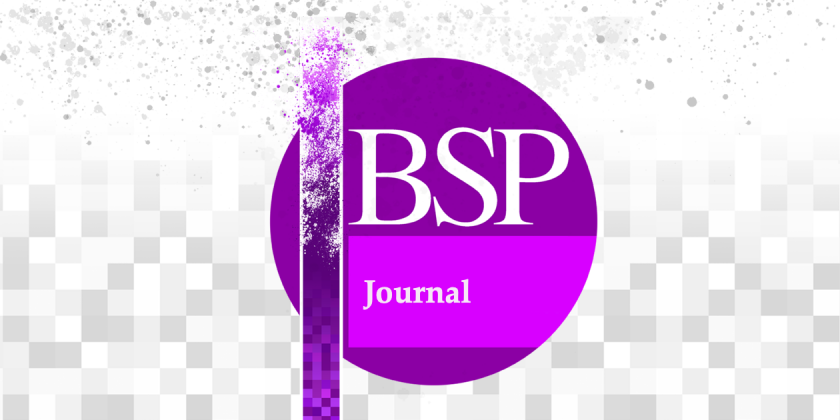Available now, Babich’s essay for the Journal of the British Society for Phenomenology, online in advance of the paper edition.
Babette Babich– ‘Machenschaft and Seynsgeschichte in the Black Notebooks: Heidegger on Nietzsche’s “Rediscovery” of the Greeks’ (Originally published online: 21 November 2019).
Abstract: One of the outcomes of the publication of the Black Notebooks has been to invite scholars to rethink their understanding of Heidegger’s thinking, including his “world-historical anti-Semitism,” his relation to war and politics, via Schmitt and Jünger, as well as machination/calculation but not less his Seynsgeschichte. Other questions include education and academic life in addition to Heidegger’s anxieties regarding the reception of Being and Time in the framework of his history of Beyng/Seyn. Refusing Nietzsche on the Greeks, especially Anaximander, Heidegger “plays out” typically bellicose interpretations of Will to Power, consummating the “abandonment of beings by being, the abandonment that gained sovereignty in the history of metaphysics.” If Heidegger’s Nietzsche thus suspiciously resembles the Nazi Nietzsche, reading the proliferation of editions bears out Heidegger’s claims for the backwards-working force of the Nachlaß.
Full article: https://doi.org/10.1080/00071773.2019.1690167
Babette Babich, Department of Philosophy, Fordham University, New York, NY, USA; Department of Theology, Religion and Philosophy, University of Winchester, Winchester, UK
Accessing the JBSP Online: The online version of the Journal of the British Society for Phenomenology publishes articles in advance of the paper edition. Articles can be accessed via our publisher’s website: JBSP at Taylor & Francis Online. Access to the JBSP is free to all members of the society, who also receive the quarterly paper copy of the journal as part of their subscription. You can find out more about becoming a member and supporting the BSP on the membership webpage. If you are not a member of the BSP, you can purchase articles from the site, or log in using institutional or personal access via Shibboleth and OpenAthens.

